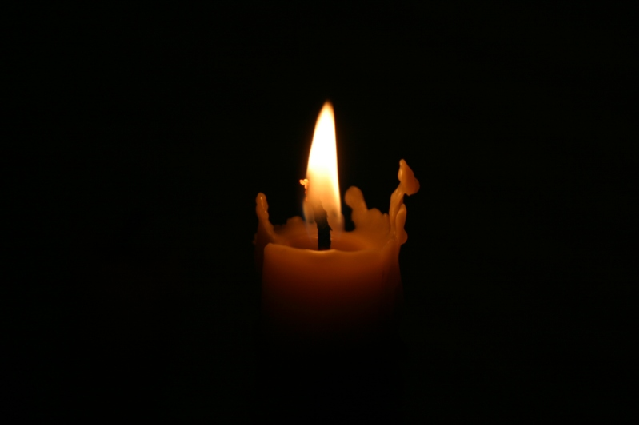
THE United Bulawayo Hospitals (UBH) has gone without electricity for close to a week after an electrical fault disrupted supplies putting patients’ lives at risk. NQOBANI NDLOVU/ MTHANDAZO NYONI
The referral hospital is relying on generators to power emergency and critical wards such as the maternity, intensive care unit (ICU) and theatre.
Patients were being served cold food and relied on candles and torches in wards where there was no generator powered lighting.
Hostels housing student nurses have also not been spared.
UBH chief executive officer (CEO) Nonhlanhla Ndlovu confirmed the blackout and blamed this on aging underground electric cables which she said needed replacing.
“There is an electrical fault, but it’s not a Zimbabwe Electricity Supply Authority (Zesa) fault,” she said.
“The fault is in our underground cables that need replacing. The cables are old and we are working flat out to restore electricity to the whole hospital.”
Zesa southern regional manager Lovemore Chinaka told Southern Eye that the UBH blackout was not the fault of Zesa but the hospital itself.
- Chamisa under fire over US$120K donation
- Mavhunga puts DeMbare into Chibuku quarterfinals
- Pension funds bet on Cabora Bassa oilfields
- Councils defy govt fire tender directive
Keep Reading
“The fault is not on the Zesa network, but the UBH network,” Chinaka said yesterday.
He said Zesa supplied bulk electricity to UBH which then distributes the power on its own network to various departments.
When Southern Eye visited UBH yesterday, patients and nurses painted a dire situation at the institution.
The nurses said almost everything was dysfunctional at the hospital without power and they were worried that things could get worse as it was dangerous for them to work in the dark.
Some hospital officials also told Southern Eye that corpses were rotting at the mortuary and the institution was advising relatives of the deceased that they should take their bodies to private funeral parlours because of the electricity issue.
Bodies could be seen being taken out of the hospital mortuary for private funeral parlours in the city yesterday afternoon.
“The situation is unbearable and we don’t even know when the situation will normalise with power being restored,” said one nurse.
Patients in a critical condition are being discharged and new arrivals referred to Mpilo Hospital.
Another nurse said the hospital’s basement was filled with water, adding that it could be one of the reasons the electric cables had failed. The nurse said the drainage system was so poor and the hospital was failing to drain the water.
“One could walk from the main hospital to the hostels and Richard Morris Hospital underground in the basement when things were functioning well, but because of the flooding and lack of lighting, it is no longer being used,” said the nurse.
However, the CEO denied that the entire hospital was affected insisting that electricity was available at the critical departments like the ICU, theatre and mortuary to prevent bodies from decomposing.
“The cable that needs replacing is called a 4-core PVC cable and is not readily available.
“Luckily we have found a company that has promised to source the cable for us and restore electricity to the whole institution.
“We hope by next week, the whole hospital will be having electricity,” said Ndlovu. She declined to reveal the name of the company the hospital had contracted to replace the malfunctioning cables and restore power.
A search showed that a 4-core PVC cable is designed for electricity mains at buildings and it works as a conductor or insulator to withstand water resistance; bedding to provide a protective boundary between inner and outer layers of the cable; armour to provide mechanical protection to withstand higher stresses and a sheath to hold all components of the cable together and provide additional protection from external stresses.
The blackout at an institution that is a referral for patients from Matabeleland South, the Midlands and Masvingo piles pressure on the hospital that relies on fundraising activities to remain afloat because of low budgetary allocations from national Treasury.
UBH is also faced with shortages of drugs.










